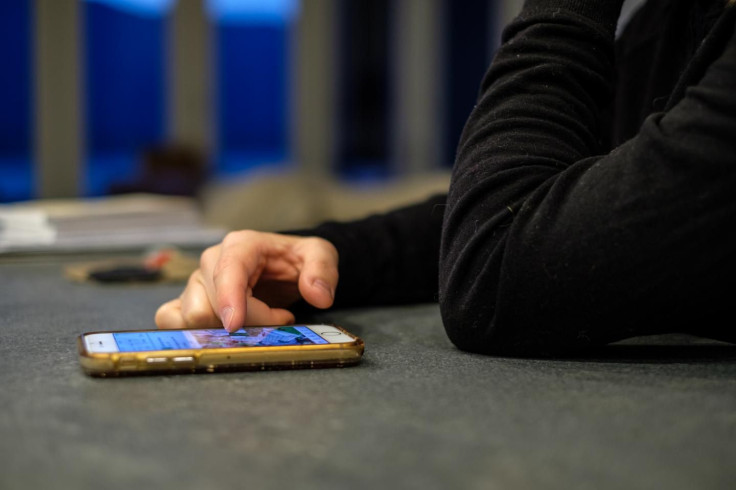Love Social Media? You Could Scroll into Trouble

Mostly everyone, from glamorous influencers to your grumpy neighbor, use at least one social media platform.
So it's time to ask the question: How does being on social media make you feel?
Pew Research Center estimates that 72% of the American public use social media in some form. Even as they enable people to build connections in ways that aren’t possible offline, social networks are changing how we relate to our peers.
A Growing Field
Social media has become part of daily life for people of all ages, from teens hanging out with friends to grandparents staying connected with distant family. Even among those aged 65 and up, the range with the lowest adoption of social media, 46% use Facebook.
In the absence of in-person meetups during the pandemic, staying connected online has become more important and much more common in 2020. As many as 51% of people in the US are spending more time on social media this year than ever before.
That makes it more important to figure out how social media affects our emotions.
The study
Enter Derrick Wirtz, PhD, an associate professor of teaching in psychology at the University of British Columbia in Okanagan, Canada. In a study published in the Journal of Happiness Studies this August, Dr. Wirtz examined how people use three of the largest platforms: Facebook, Twitter and Instagram.
The study boiled social media use down to four key components: feed watching, messaging, posting updates, and reading world news. Checking the main feed was by far the most common activity, with many users not bothering to post or send messages at all.
Scrolling to trouble
The study found that the more people used any of these platforms, the worse they felt afterward. Dr. Wirtz said in a news release, "The more respondents had recently used these sites, either in aggregate or individually, the more negative effect they reported when they responded to our randomly-timed surveys over a 10-day period."
He believes that the reason is the passive contact. People look longingly at other people’s lives and feel dissatisfied with their own-- a version of the classic “the grass is always greener” situation for the digital era.
"Viewing images and updates that selectively portray others positively may lead social media users to underestimate how much others actually experience negative emotions and lead people to conclude that their own life -- with its mix of positive and negative feelings -- is, by comparison, not as good,” Dr. Wirtz said.
The internet has even come up with a name for this phenomenon: FOMO, or the fear of missing out on something exciting on social media.
Restoring Balance
The solution could be restoring the “social” to social media. As noted in the paper’s abstract, “[T]raditional, offline social interactions exerted the opposite (beneficial) effect on happiness: increasing positive affect and decreasing negative affect.” Offline interactions aren’t usually as passive as those on a social media feed.
Being active could be the key to healthy social media use. By posting and engaging directly with other people, rather than treating social sites as static feeds to browse, you can experience some of the benefits of in-person interaction. If people form and maintain direct connections, Dr. Wirtz said, “the negative impact of social media use could be reduced -- and social network sites could even have the potential to improve our well-being and happiness.”
Dr. Wirtz said the pandemic has added more reason for social media to hurt happiness. "Today,” he said, “the necessity of seeing and hearing friends and family only through social media due to COVID-19 might serve as a reminder of missed opportunities to spend time together."
The take home
Social media has been an amazing tool for bringing people together, but it can also have negative impacts on our emotional health. It’s important to remain actively engaged with the platform and to keep your feelings grounded, especially if social media is substituting for in-person interaction, as it often is during the pandemic.
Sean Marsala, a health writer based in Philadelphia, Pa., is passionate about technology.
Published by Medicaldaily.com



























